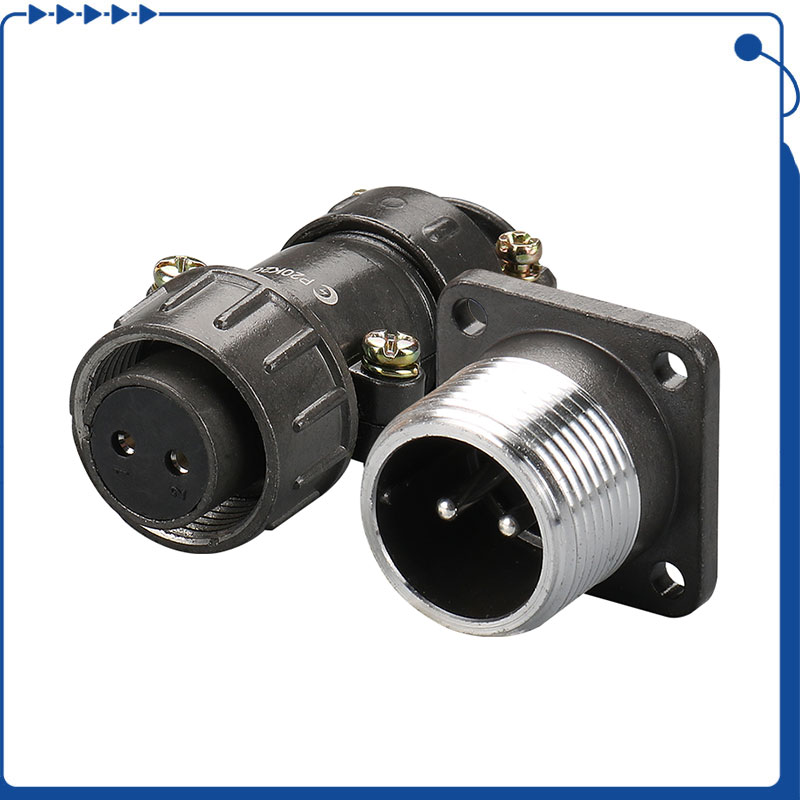What Are Circular Connectors and Why Are They Widely Used in Electronics and Industrial Applications?
2025-06-25
Circular connectors are electrical connectors characterized by their round shape, designed to join electrical circuits reliably in a wide range of environments. Known for their durability, ease of connection, and versatility, they are extensively used in industries such as aerospace, automotive, military, and industrial automation.

What Are Circular Connectors?
Circular connectors consist of a cylindrical housing with pins (male) or sockets (female) arranged in a circular pattern inside. They provide secure electrical connections for signal, power, or data transmission. Their design typically allows quick mating and unmating with locking mechanisms such as threaded couplings, bayonet locks, or push-pull systems.
Key Features and Benefits
Robust Construction: Often made with metal or high-quality plastic housings for mechanical protection.
Reliable Connection: Designed for high mating cycles and resistance to vibration.
Environmental Resistance: Many models offer sealing against dust, moisture, and chemicals (IP ratings).
Versatile Contact Arrangements: Available with varying pin counts and configurations.
Ease of Use: Quick connect and disconnect with secure locking mechanisms.
Compact Size: Saves space while maintaining high contact density.
Common Applications
Aerospace and Defense: Avionics, communication systems, and weapon controls.
Automotive: Sensors, lighting, and engine management systems.
Industrial Automation: Robotics, machinery, and control systems.
Medical Devices: Reliable connections in diagnostic and therapeutic equipment.
Telecommunications: Networking and data transmission hardware.
Types of Circular Connectors
MIL-SPEC Connectors: Meet military standards for ruggedness and performance.
Industrial Connectors: Designed for harsh factory environments.
Plastic Circular Connectors: Lightweight options for less demanding applications.
High-Density Connectors: Provide more contacts in a smaller size.
Coaxial Circular Connectors: For RF and high-frequency signals.
How to Choose the Right Circular Connector
Number of Contacts: Based on circuit requirements.
Current and Voltage Ratings: Match the electrical load.
Environmental Protection: Consider IP rating and material for the operating environment.
Mechanical Durability: For vibration and shock resistance.
Compatibility: Ensure mating parts and standards compliance.
Conclusion
Circular connectors are indispensable components that combine durability, reliability, and flexibility. Their ability to provide secure electrical connections in challenging environments makes them a preferred choice across diverse industries.


